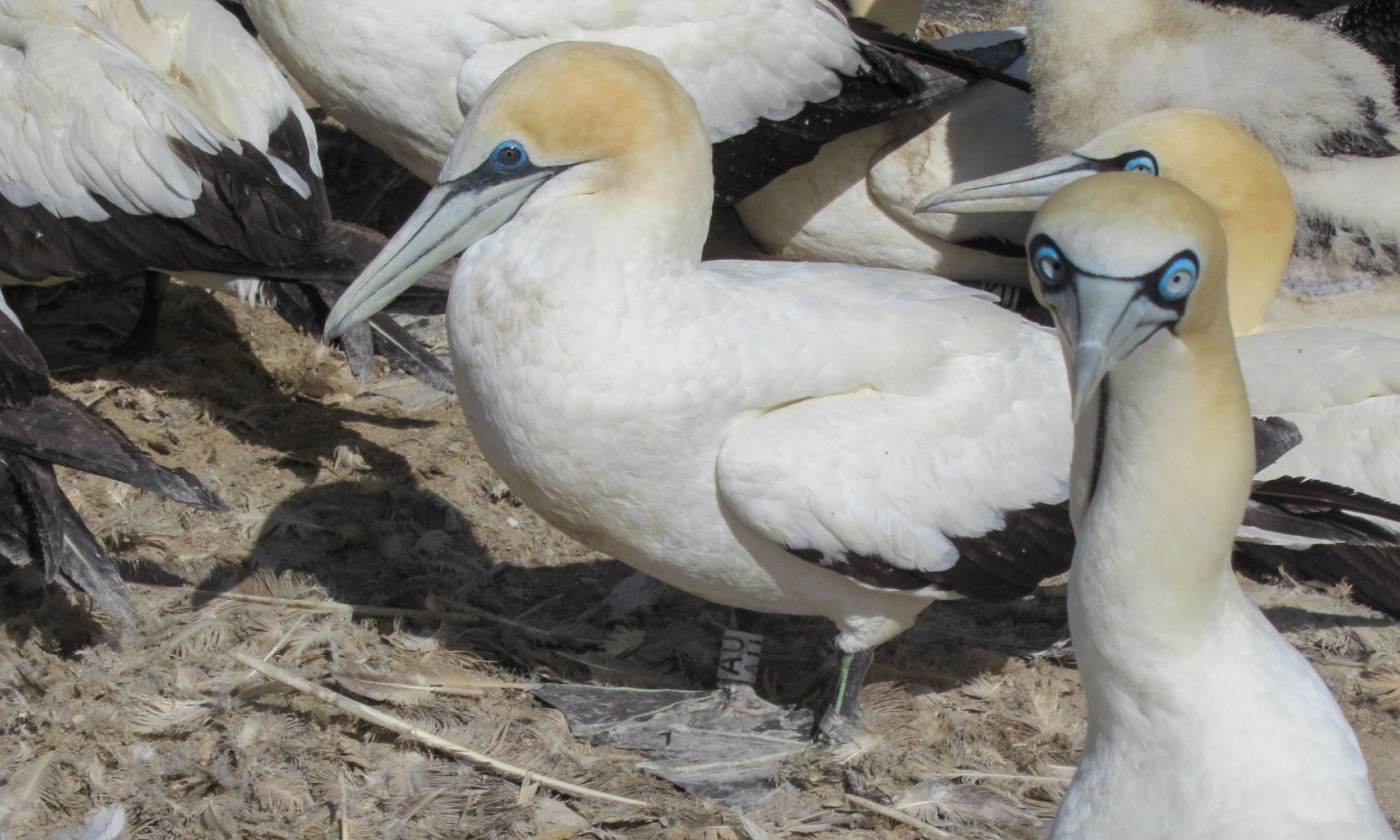
Unusual bird species welcomed at CapeNature’s Bird Island this summer
CapeNature’s Bird Island Nature Reserve in Lambert’s Bay, known for its stunning seafront vistas and diverse birdlife, recently hosted unexpected visitors that sent bird enthusiasts into a frenzy. In a rare sighting, four Australasian Gannets and two Brown Boobies made a surprise visit to the island.
Situated on the West Coast, the island is almost three hectares in size and is connected to the mainland via a breakwater. It is an important breeding and roosting site for seabirds, particularly Cape Gannets and Cormorants.
The differences between the two Gannet species are subtle, particularly to the untrained eye. The yellow crown in the Australasian Gannet is darker, the blue eye ring is darker, the gular stipe is shorter, and the outer tail feathers are white compared to the Cape Gannet's black tail feathers.
One of the Gannets was first spotted three years ago on Malgas Island near Saldanha Bay and has been ringed with a plastic ring with an ‘AU’ marking on it for identification purposes. AU is a female Australasian Gannet and has been present on Bird Island since November 2023 and is currently the only Australasian Gannet still spotted in the area.
While the Australasian Gannets garnered much of the attention, the rarer Brown Boobies were a treat to have on the island. The species are found in the tropical regions of all three major oceans on Earth.
Brown Boobies are susceptible to tropical storms, which can offset their internal navigation, causing them to show up in destinations far from where they would normally make land.
While the island is no stranger to welcoming enthusiastic twitchers, both local and international, the Australasian Gannets and Brown Boobies caused quite a stir when they arrived. News of their visit spread rapidly on social media and bird enthusiast groups, with one twitcher immediately travelling to the island from Johannesburg after hearing the news.
Visitor numbers nearly doubled during January, compared to the same period last year, as a direct result of the visit to the island.
Dr Ashley Naidoo, CEO of CapeNature says: “Having both these species on the reserve gave Bird Island the recognition it deserves as a top bird spotting destination. The island is firmly on the map, with many spotters over the moon with these sightings, highlighting the importance of what these sightings mean to birding enthusiasts.”




